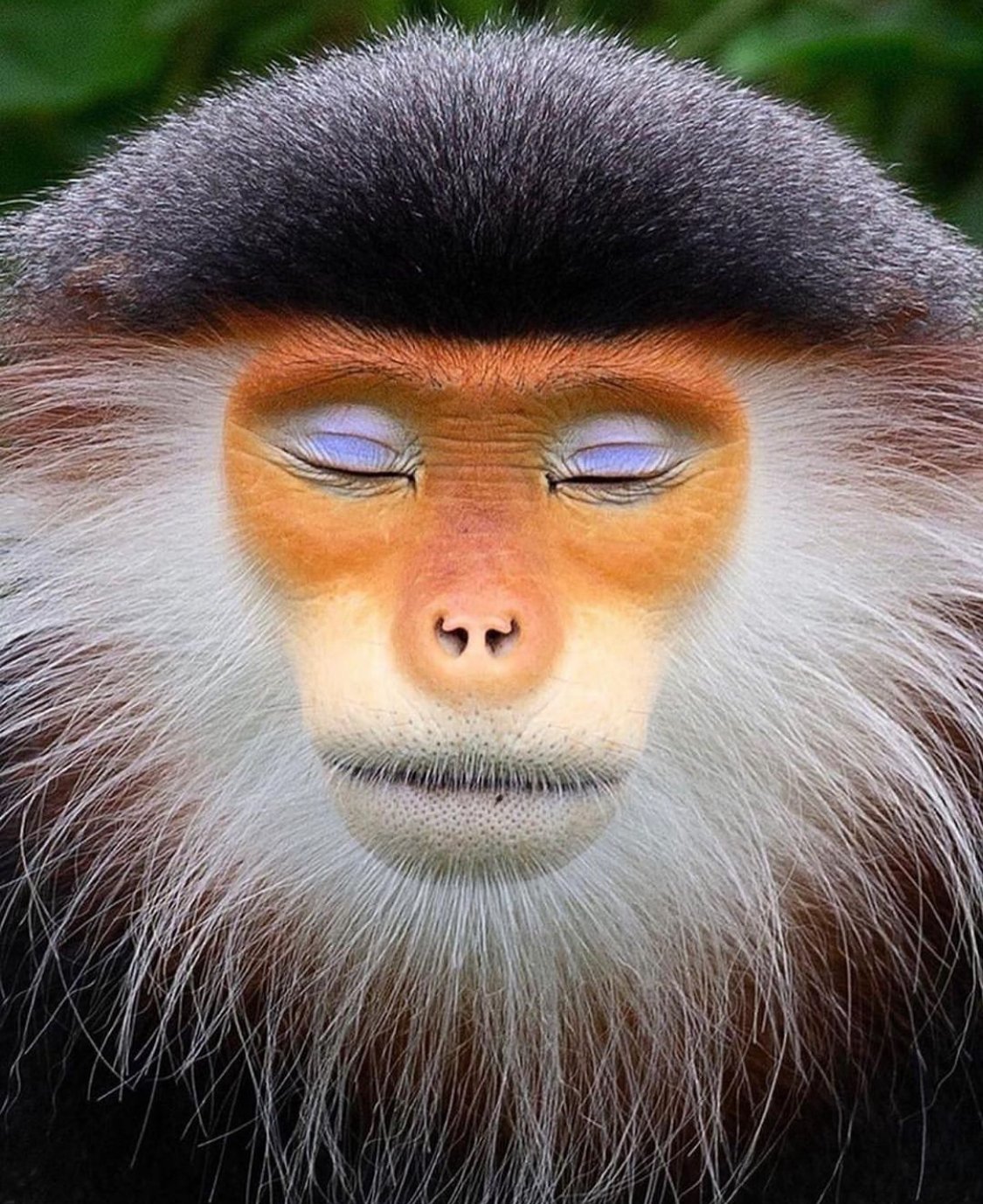Neither this nor that--Nondual Awareness and Suffering
The mind creates the abyss, and the heart crosses it." - Sri Nisargadatta Maharaj
I do not know why one lowly onion sprout, sprung from my paltry, soggy garden will say, but it reminds me of the Zen Buddhist story where the Buddha holds up a Udambara flower and says nothing. Only the monk Mahakashyapa understands—and responds simply by smiling.
Ritualized incoherence plays a big role in all religions.
It is the stuff of Zen masters and the hidden teachings of Buddha and Christ. As an adherent or adept, one is encouraged to accept paradoxical, conflicting, and even irrational points of view. Here’s one from Christianity that the reader may have pondered—If Christ died for our sins, why is the world so filled with corruption? I would venture to guess if it was Jesus who held up a flower for the Apostles—it would have been Judas who smiled back at him.
To clarify some basic terms for the 99% of readers who did not have the pleasure (yawn) to study academic philosophy for six years of their lives—
Dualism is a doctrine stating that the division of all things and beings into two opposed or contrasted aspects is the essential state of all reality and nature.
Non-dualism is a doctrine (notably attributable to early Taoism, classic Brahmanism, and Japanese Zen but present in all religious phenomenology) emphasizing the essential unity of all things and beings in reality and nature.
For starters, dualism is infinitely more accessible and straightforward. You know where your bread is buttered and who the bad guys are.
Life is them v. us, good v. evil, jesus v. satan.
Republican good, Democrat bad.
Abortion is bad, and Choice is good.
Ukraine is good and Russia is bad, and so forth.
Everywhere you look, life seems dualistically engineered; even the conception of ourselves and others is a double-edged enterprise. I am not you, and not others, so we think. And yet every single spiritual teacher has said time and again—There are no others—these others (be they Republicans, liberals, or idiots) are us.
But it takes work to understand that concept.
So understanding the limitations of dualistic thought, dare I say, prevailing in spite of it, requires non-dualism, the ability to see the whole picture. In Zen—one of the three primary spiritual traditions I have studied for two decades—the observation one makes in meditation is that every polarity is non-dualistically and directly related to another polarity such that they are connected with, interdependent on, and relative to, each other for their being and meaning. In other words, you cannot know what good is without experiencing evil. A slightly more complex framing might be—we cannot really know anything in a static way—nothing is wholly one way or another.
For instance—
One-ness or G-d, is not divisible.
G-d, or oneness pulsates at the core of everything we do, who we are, and what we aspire to be—so we needn’t shell out sheckles or throw ourselves on the floor to prove anything. We also needn’t declare static allegiance or strive for unwavering faith. If we wish to be better, or more of some divine essence, or empty of another, or to match our behavior to Christ or Buddha, to be saved or enlightened—we can only do so by accepting and cultivating all sides of the coin together in equanimity.
Seeking, or grasping at any kind of solidarity and in so doing being pulled from one side of the ice rink of life to the other is called upadana in Pali or shenpa by the Tibetans. The Buddha refers to this pendulation as the tree from which the fruit of illusion grows, and fodder to the essential neuroses known to humankind.
Desire for things to be other than they truly areis the basis of all suffering. That is dualism at work. Accepting things are they are in spit of their duality—is non-dual awareness.
Most people I have encountered over the past thirty years of traveling, seeking, studying, and writing find this aspect of Buddhism hard to grasp. “Am I not allowed to have ambition, am I not allowed to desire? Isn’t that the point,” they ask, …” to get what you want out of life”?
I have no idea what is right for others, but here is another Zen story.
A monk makes climbs onto the side of a cliff to pluck a rare and beautiful flower. He slips and finds himself hanging from a branch of a tree for dear life. As the branch is about to break, he looks below, only to find that a tigress has appeared. She prowls around, waiting to gnash his bones and eat his smashed body when he falls. As the tree limb cracks and the tigress circles beneath him, the monk notices a ripe, juicy strawberry growing on the branch. He reaches out and plucks the strawberry, savoring its taste, and falls to his death.
What would have done?



